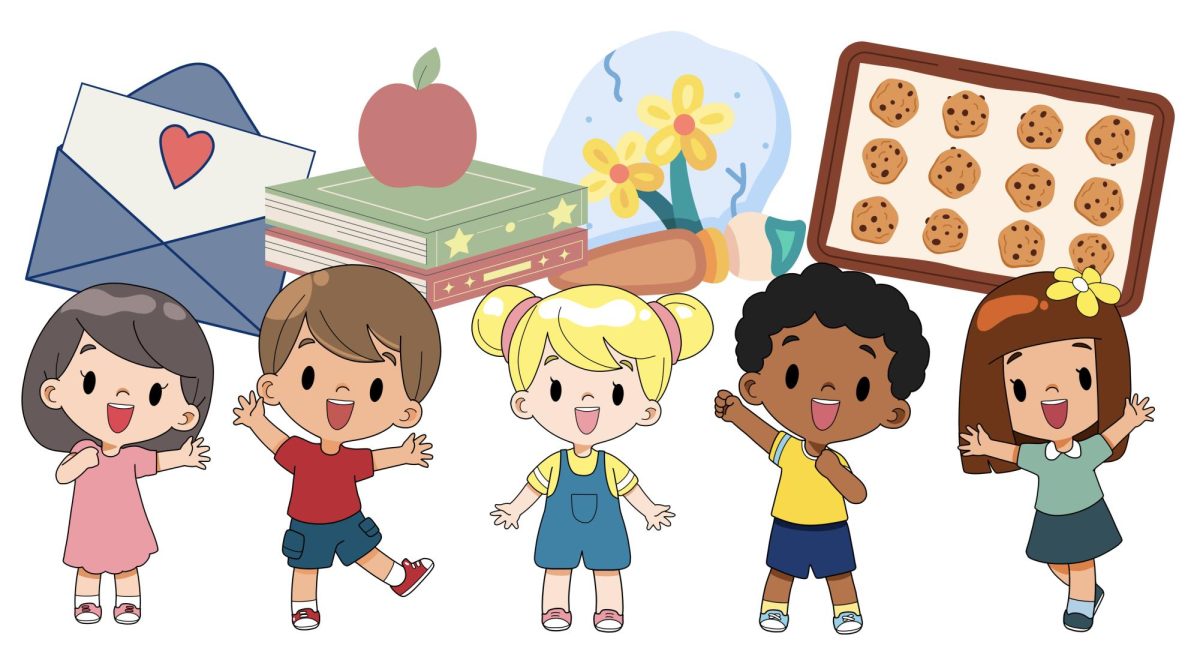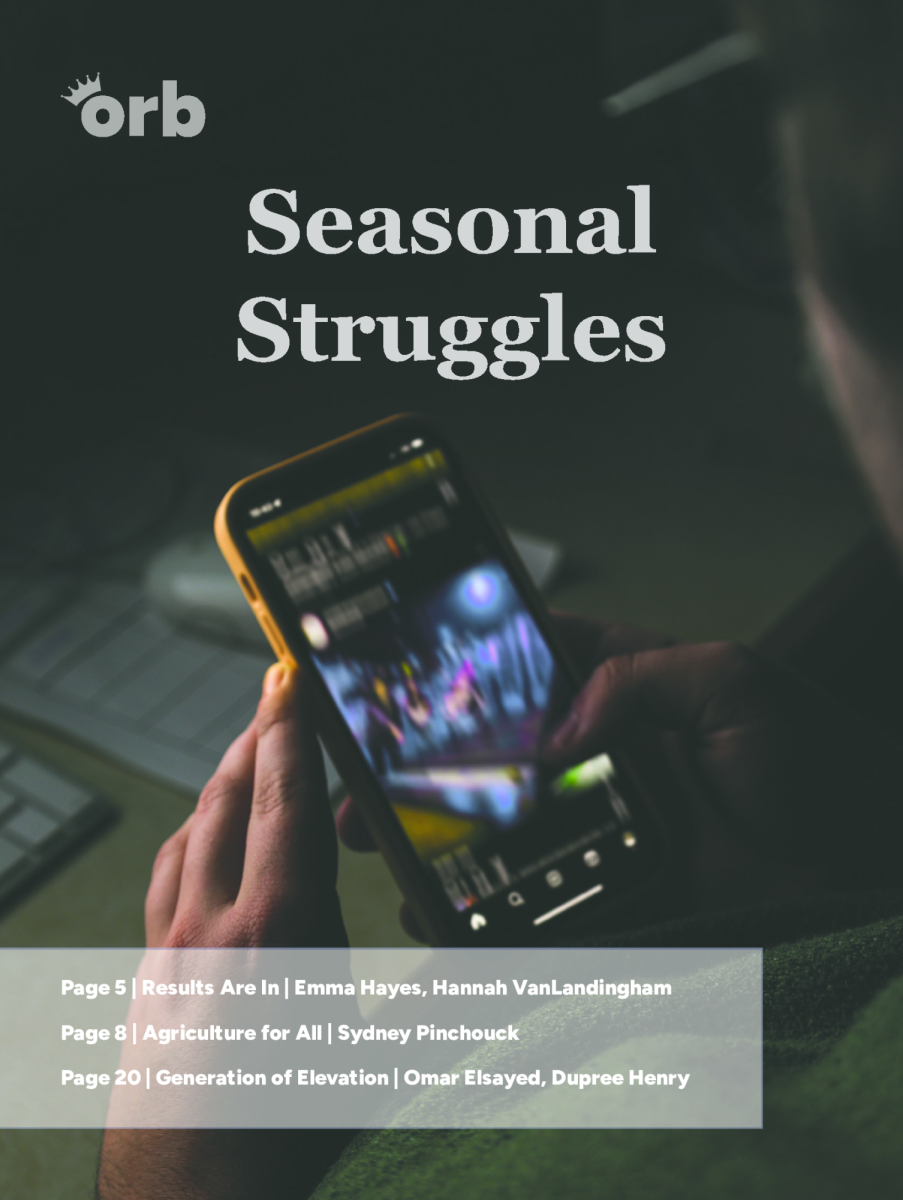Wednesday, April 22, marked the 45th anniversary of Earth Day, a holiday promoting Earth-friendly practices and ideas. Since its founding, support for Earth Day has led to the establishment of the Environmental Protection Agency, and has inspired laws such as the Clean Water Act and the Endangered Species Act. Recognition of the holiday spread to countries across the globe, and continues to be promoted here in the United States.
“Every year, [my classes] do something a little different,” AP Environmental Science teacher Steve Guenin said. “We talk about the origin of it, who started it, when it started. Then we come up with options for ways to celebrate it, ways to bring awareness to it. One year, people wanted to fingerpaint; one year, people wanted to make tattoos.”
A main focus of Earth Day is not merely to spend a single day recycling more and planting a tree or two; the purpose of the holiday is to promote practices that continue year-round. Despite governmental regulations to protect the environment, many believe that the fate of the Earth rests in the hands of everyone living on it. One such person is English and drama teacher Jennie Otterman, who makes a point to reduce her impact on the environment.
“I really love the Earth, and we’re destroying it,” Otterman said. “And if we destroy it, there will be no environment for any of us to live in. I also really love animals and plants, and I want them to be safe.”
Otterman is careful to refrain from buying products that harm the environment; she keeps lists of chemicals that are detrimental for bees and other organisms. Otterman also saves recyclable materials f rom her lunch and takes them home instead of throwing them in the trash. Her brother, a scientist who works for NASA, has relayed to her the importance of these actions.
rom her lunch and takes them home instead of throwing them in the trash. Her brother, a scientist who works for NASA, has relayed to her the importance of these actions.
“My brother says that it’s too late to go back; he said the threshold was about two years ago, and we obviously passed that,” Otterman said. “People are always saying, ‘Jobs! Jobs! Help the economy!’ Well, you know what? If you can’t breathe the air and drink the water, it doesn’t matter how the economy is. We have to have a sustainable environment or things aren’t going to work for us—we won’t be able to live here.”
Some students also strive to practice sustainable habits; junior Grace Bohlsen and her family make every attempt to reduce their environmental footprint.
“My dad wants to have our house powered by thermal energy,” Bohlsen said. “We recycle and we’re pretty good about turning off appliances and lights when we leave the house. My dad has a Prius that we use on long trips, and I drive a Subaru, which is the one car company that is considered ‘green’—they have zero waste from their factories.”
 Bohlsen believes these types of actions should be practiced not only on Earth Day, but every day of the year.
Bohlsen believes these types of actions should be practiced not only on Earth Day, but every day of the year.
“Everyone should be concerned about the environment because it affects everyone no matter what,” Bohlsen said. “The younger generation [is the most important because] we’re going to be the ones who support the burden of what the other generations have done. It’s really important for young people to care because we’re going to be the ones who have to make a difference.”

































